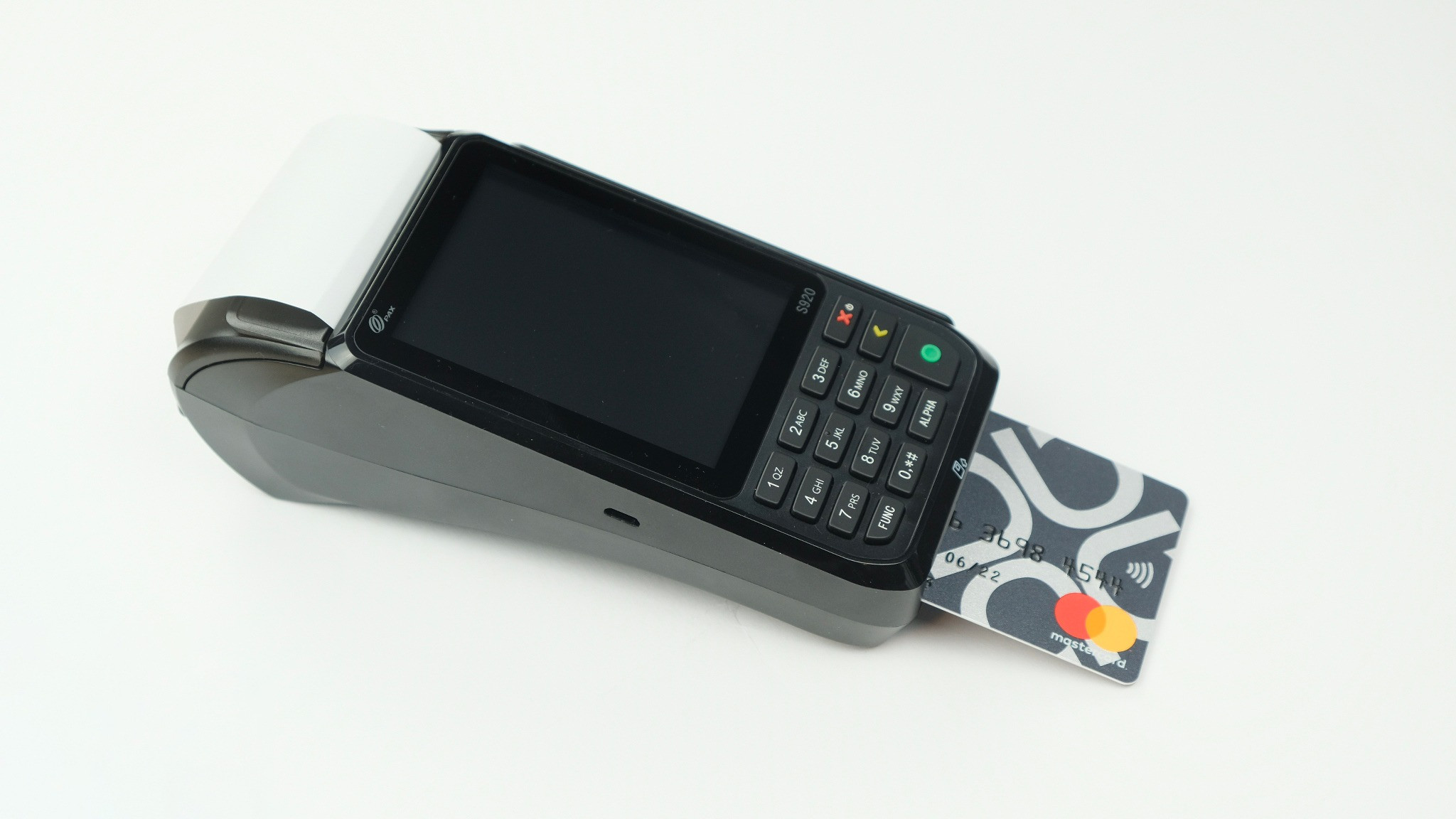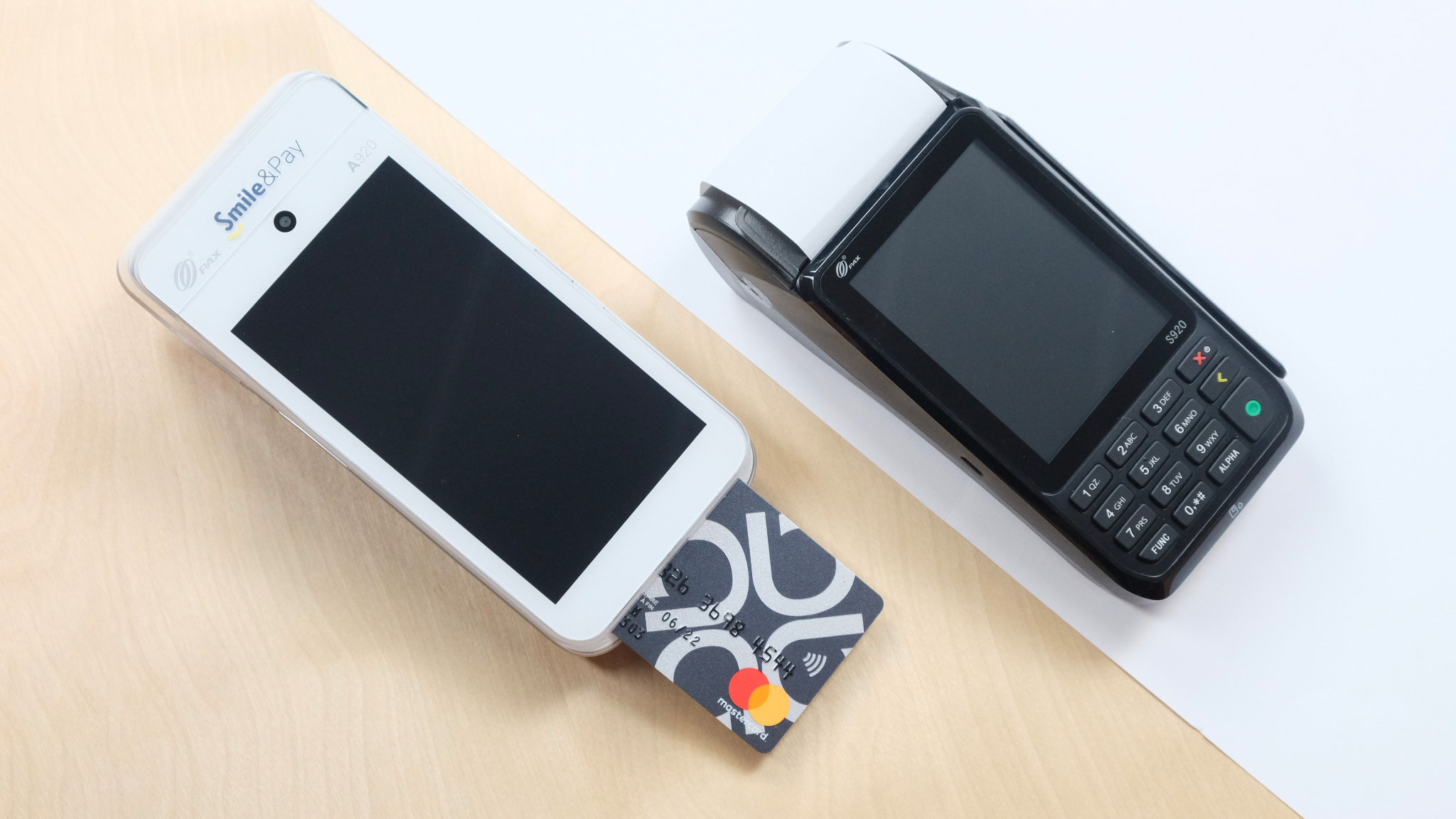Lorsqu’un salarié engage des frais professionnels, il doit remplir une note de frais et la transmettre au service financier, accompagnée de différents justificatifs. Le remboursement des dépenses réalisées nécessite obligatoirement la présence de ces documents. Cela rend la procédure de traitement des notes de frais fastidieuse tant pour le salarié que pour le service financier ou encore la comptabilité. Ces formalités demeurent néanmoins indispensable.

Pourquoi faut-il bien justifier une note de frais ?
Les frais professionnels d’une entreprise sont déductibles de son chiffre d’affaires et exonérés de charges sociales. Pour certains types de dépenses, elle peut aussi enregistrer de la TVA déductible.
Du côté du salarié, le remboursement des frais professionnels n'est pas intégré dans l’assiette du calcul de l’impôt sur le revenu et n’est pas soumis aux cotisations sociales, sauf dans quelques rares cas.
Ainsi, certaines sociétés sont tentées de gonfler le montant des frais professionnels pour réduire leur bénéfice ou collecter de la TVA. Elles peuvent également s’en servir pour donner une rémunération supplémentaire à des salariés, sans que cela soit assujetti à l’impôt sur le revenu ni aux cotisations sociales.
C’est pourquoi l’URSSAF a instauré certaines règles de base destinées à limiter les dérives. Parmi ces obligations, figure la présentation de certains justificatifs. Au cours d’un contrôle fiscal, le contrôleur apporte généralement une attention particulière à cette partie des charges de l’entreprise. Force est de constater que l’absence ou l’irrecevabilité de certains justificatifs figure comme le premier motif de redressement fiscal pour les entreprises.
Une note de frais, qui n’est pas ou mal justifiée, mais remboursée par l’entreprise est requalifiée en avantage en nature, ce qui donne lieu à un redressement.
Les justificatifs à fournir selon les frais engagés
Frais de transports
Dans le cadre d’un déplacement professionnel, l’entreprise doit rembourser tous les coûts de transport à son collaborateur. Pour cela, le salarié remplit une note de frais sur laquelle il devra mentionner : + le motif précis du déplacement + la date + le lieu
Pour que le remboursement puisse être pris en charge, il doit également joindre le justificatif d’achat des billets. L’entreprise peut aussi prendre en charge le trajet entre le lieu de travail habituel du salarié et le lieu de départ (gare, aéroport, etc.). S’il s’agit d’un trajet en taxi, le collaborateur devra présenter l’original du ticket du chauffeur.
Si le déplacement professionnel est réalisé avec une voiture de l’entreprise, la société doit rembourser l’ensemble des frais de carburant et de péage, sur présentation des justificatifs associés.
Les fraudes aux frais de déplacement
Certains salariés souhaitant se faire une petite marge peuvent être tentés de frauder notamment en achetant des billets 1ere classe pour obtenir un reçu de paiement, se les faire rembourser et racheter des billets 2nde classe. D’autres sont tentés de demander au chauffeur de taxi de tricher sur le prix de la course.
Frais kilométriques
Les indemnités kilométriques sont remboursées selon un barème de l’URSSAF. ** Pour obtenir un remboursement, le salarié doit en principe fournir le **certificat d’immatriculation du véhicule utilisé pour le déplacement. Il doit également préciser : + le lieu et le motif de la mission + la date + le kilométrage total réalisé + la puissance fiscale du véhicule
Les fraudes courantes sur les indemnités kilométriques
Pour être davantage remboursés, Il n’est pas rare de voir des salariés déclarer un déplacement effectué avec un véhicule plus puissant que celui qui a réellement été utilisé.
Frais de repas
Dans le cas où le collaborateur serait amené à manger sur le lieu de la mission, ses frais de repas devront lui être remboursés. Comme pour les dépenses précédemment citées, il devra mentionner sur sa note de frais : + le lieu et le motif de la mission + la date
Il devra également joindre à sa demande un reçu de restaurant, boulangerie, supermarché, etc.
À noter que les repas peuvent faire l’objet d’un remboursement au forfait. Dans ce cas, il n’est pas nécessaire de présenter de justificatifs.
S’il s’agit d’un repas d’affaires avec un client, il est impératif de fournir le reçu du restaurant mentionnant le nombre de couverts. Puis, pour chaque invité présent, il faudra préciser : + son nom + le nom de son entreprise + sa fonction dans l’entreprise
Les fraudes sur les frais de repas
Certains collaborateurs amateurs de bons restaurants sont tentés de se faire plaisir en demandant au restaurateur de fausser le nombre de couverts sur le ticket de caisse. En déclarant un faux nom, ils peuvent ainsi profiter d’un bon repas aux frais de l’entreprise.
Frais d’hébergement
Si la distance entre le lieu de résidence du salarié et le lieu la mission est supérieure à 50 kilomètres et qu’il est difficile de réaliser ce trajet en moins d’une 1h30 avec les transports en commun, les frais d’hébergement sont à la charge de l’entreprise. Le justificatif présenté doit alors mentionner : + le nombre de nuitées + l’ensemble des frais imputés à la chambre + un solde nul
Les fraudes à l’hébergement
Certains salariés en déplacement n’hésitent pas à faire appel à des services annexes de l’hôtel qui ne sont pas pris en charge. Ils les font intégrer à la facture globale non détaillée pour qu’ils passent inaperçus. Dans d’autres cas, lorsque le repas est inclus dans la formule de la chambre, en demi-pension par exemple, et que le restaurant fournit un reçu supplémentaire, le collaborateur peut être tenté de se le faire rembourser 2 fois.
Frais divers
Qu’il s’agisse de vêtements de travail imposés par l’entreprise, de documentation professionnelle ou de n’importe quel autre achat réalisé pour le compte de la société, il est important de fournir un justificatif détaillé. Celui-ci doit mentionner : + le nom du prestataire + la date + les articles achetés + le montant total + le mode de paiement utilisé
La justification des notes de frais n’est pas à prendre à la légère. Un redressement fiscal peut s’avérer douloureux si l’entreprise a été trop laxiste sur le sujet. Pour éviter les ennuis, les nouvelles technologies mettent à disposition des entreprises de nombreux moyens.
Anytime propose ainsi un compte avec des cartes prépayées utilisables en toute simplicité par les salariés. De cette façon, l’entreprise s’épargne la lourde tâche des notes de frais et simplifie grandement la collecte des justificatifs.








